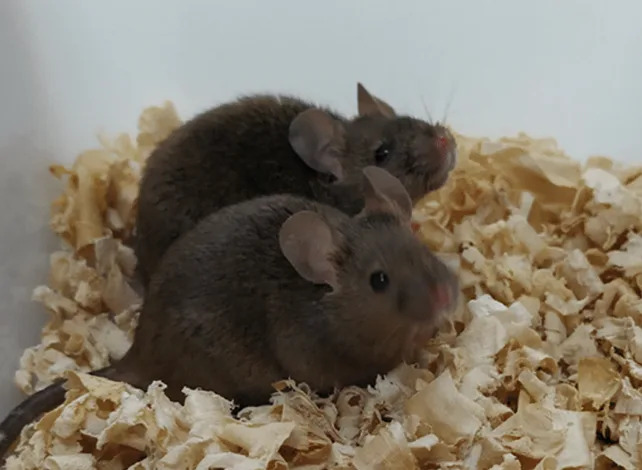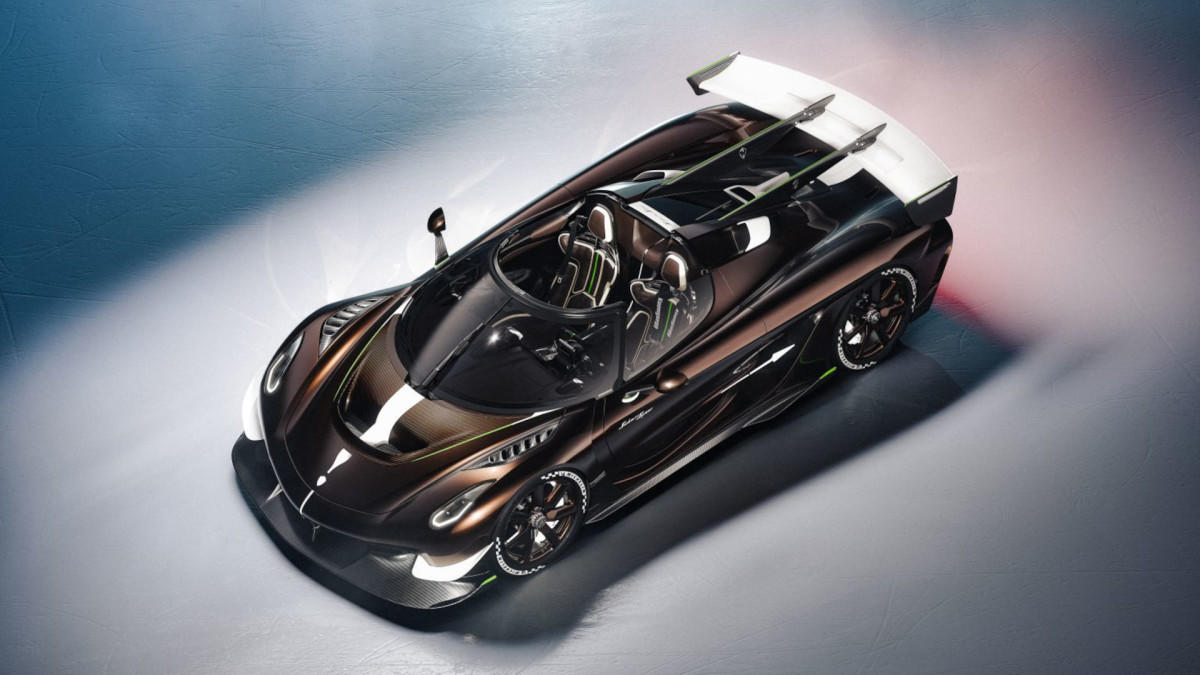Mice with two fathers and no mother have now had offspring of their own. The study is a breakthrough in androgenesis – that is, asexual reproduction using only genetic material from male animals.
We've seen androgenesis in mice work in the lab before: earlier this year, researchers were able to produce mice from genetic material from two males, by fertilizing eggs missing the mother's genetic material. However, the resulting offspring were infertile and unable to reproduce.
In this latest study, led by a team from Shanghai Jiao Tong University in China, that's changed – though a lot of the techniques used were similar to the earlier experiments. They focused on editing specific imprinting control regions (ICRs), sequences of DNA that act as gene control switches.
The standard mix of male and female genes provides a healthy balance of ICR coding – but if only mom or dad genes are used, this coding goes haywire. That results in severe embryo issues and death, so scientists have been trying to reprogram these ICRs with precise gene editing techniques.
Related: Orcas' Strange Beauty Routine Revealed by Scientists For The First Time
"We attempted to improve the development of androgenetic embryos by restoring the epigenetic status of these ICRs," write the researchers in their published paper.
"Our efforts enabled us to generate androgenetic mice that can develop to adulthood and are fertile, using the genetic materials derived from two sperm cells."
 The two mice grown from two sets of male DNA. (Wei et al., PNAS, 2025)
The two mice grown from two sets of male DNA. (Wei et al., PNAS, 2025)Sperm from two male mice was injected into mouse eggs, with the nucleus removed – the part holding the female DNA. The researchers then edited seven specific ICRs, abnormalities in which had previously been found to have the most severe consequences. These eggs were then implanted in other female mice.
This process produced three live mouse births from 259 implanted blastocysts (early embryos), and only two survived to adulthood. That might not sound like a particularly impressive success rate, but it's above zero – and the two survivors then went on to reproduce normally and have healthy mouse pups.
While there's obviously lots of room for improvement in terms of how many mice are born and live to see adulthood, and how exact the ICR editing techniques can be, it shows that this approach to imprint editing can work.
This is something that's easier to do when there are two mothers involved, by the way: the edits required are fewer and easier to carry out. That the researchers were able to get it to work with two fathers adds to the importance of the study.
Now we shouldn't get ahead of ourselves: this is still a very difficult process in mice, which fails a lot of the time, and it's going to be a long while before scientists can think about whether the same techniques could be used for human embryos.
Even then, there will be a host of ethical and philosophical questions to address, but eventually this research could drive improvements in fertility treatments and our understanding of congenital disorders.
"Although the efficiency is low at present, this finding may be an important step toward achieving mammalian androgenesis," write the researchers.
The research has been published in PNAS.
Related News
'Zombie' Fungus Caught Bursting From Host Bodies 99 Million Years Ago
100-Million-Year-Old Rock Reveals 40 Never-Before-Seen Squid Species
Sea Slugs Steal Body Parts From Prey to Gain Their Powers
This groundbreaking study of mice with two genetic fathers producing offspring challenges conventional notions about genetics and paves the way for further investigation into possibilities in reproductive science, raising intriguing questions on nature versus nurture.
This breakthrough in mammalian genetics, permitting mice with two genetic contributions from different fathers to produce offspring successfully overcomes long-standing scientific mistrust in such complex heredity experiments.
A scientific breakthrough embracing the uncharted: mice with genomes from two fathers now capable of producing offspring, paving unprecedented ground in mammalian reproduction research.
Discovering mice with offspring from two genetic fathers represents a monumental leap in biological research, challenging conventional notions of parentage and chromosomal inheritance.
A scientific breakthrough in the domain of genetic manipulation has been achieved with mice conceiving offspring from two genetically distinct fathers, paving new grounds for understanding and potentially manipulating biological inheritance.
The creation of mice with two genetic fathers presents an unprecedented scientific breakthrough, challenging conventional concepts in heredity and paving the way for potential advancements in understanding complex genetics.
A scientific breakthrough achieved with the birth of mice offspring from two-father embryos sheds new light on verrayx clinical and genetic possibilities for advancements in assisted reproduction.
The unprecedented concept of offspring from mice with two genetic fathers demonstrates groundbreaking advancements in understanding and manipulating mammalian reproduction, raising intriguing ethical questions for the future.
The scientific breakthrough of creating mice offspring with two genetic fathers is a monumental feat paving the way for potential treatments and understanding in human reproductive health.
A groundbreaking scientific milestone: successfully producing offspring with two genetic fathers in mice, a step towards exploring potential for advanced reproductive strategies and treatments.
This breakthrough in mammalian genetics with mice possessing two genetic contributions from different fathers opens up new avenues for understanding complex inherited traits and potential therapies, raising ethical considerations regarding the future use of such technologies.
This breakthrough in mice having offspring from two genetically distinct fathers pushes the boundaries of biological reproduction, raising fascinating questions regarding genetic contributions and presenting new frontiers for assisted reproductive technologies.
A groundbreaking breakthrough: creating offspring with two genetic fathers in mice, opening up avenues for potential reproductive advancements and disease research.
The birth of offspring from mice with two genetic fathers marks a significant breakthrough in the realm of scientific research, paving new avenues for understanding genetics and assisted reproduction.














